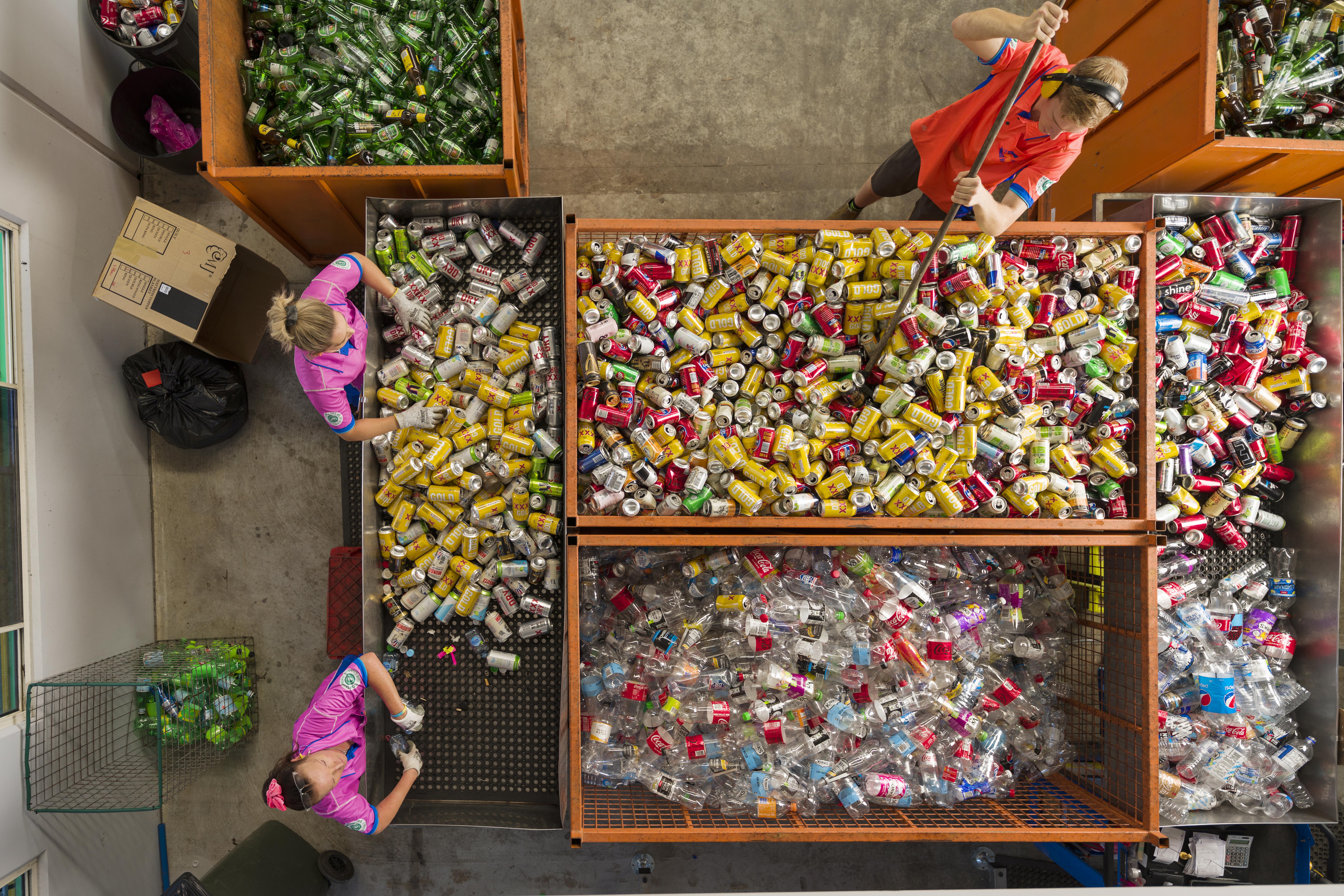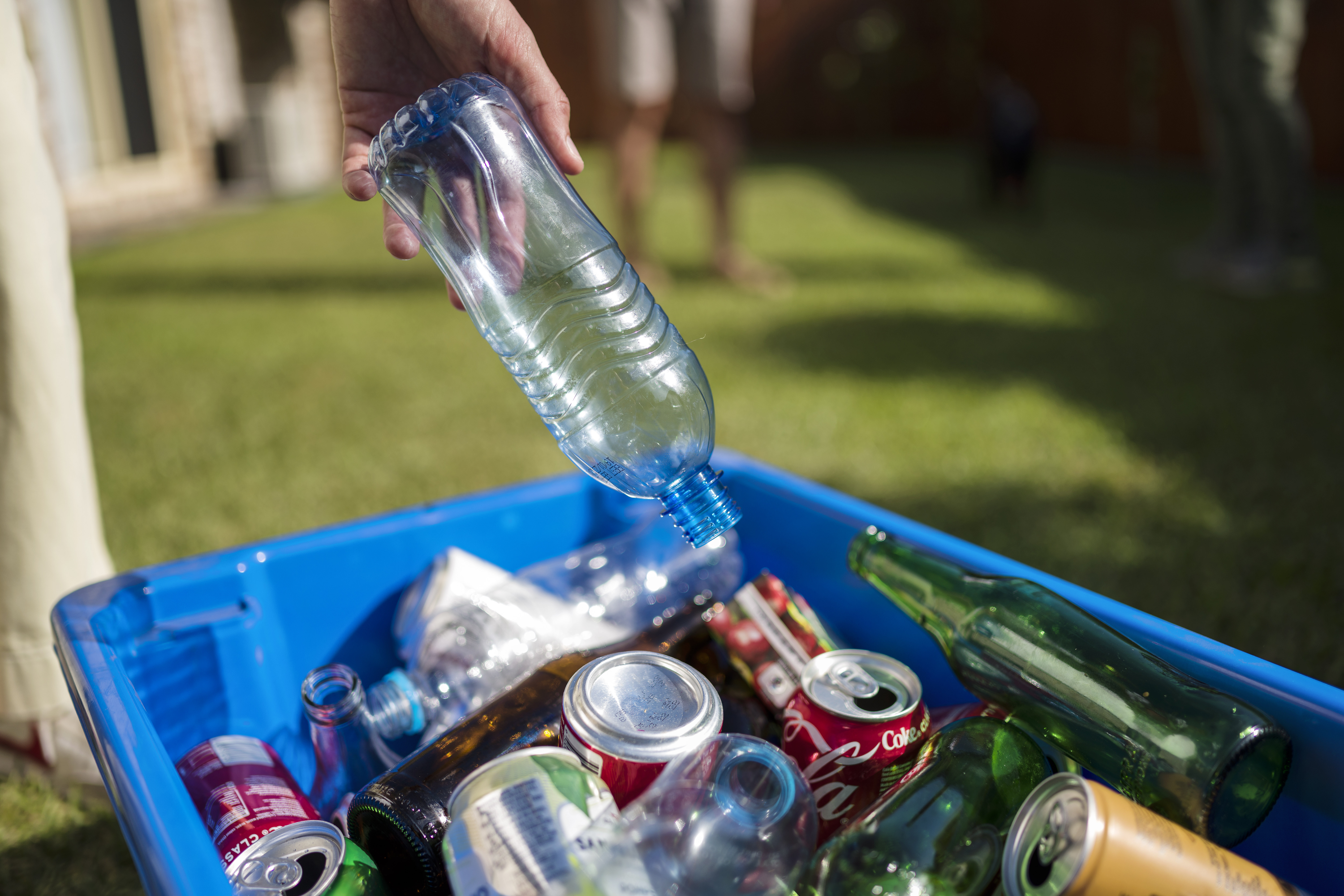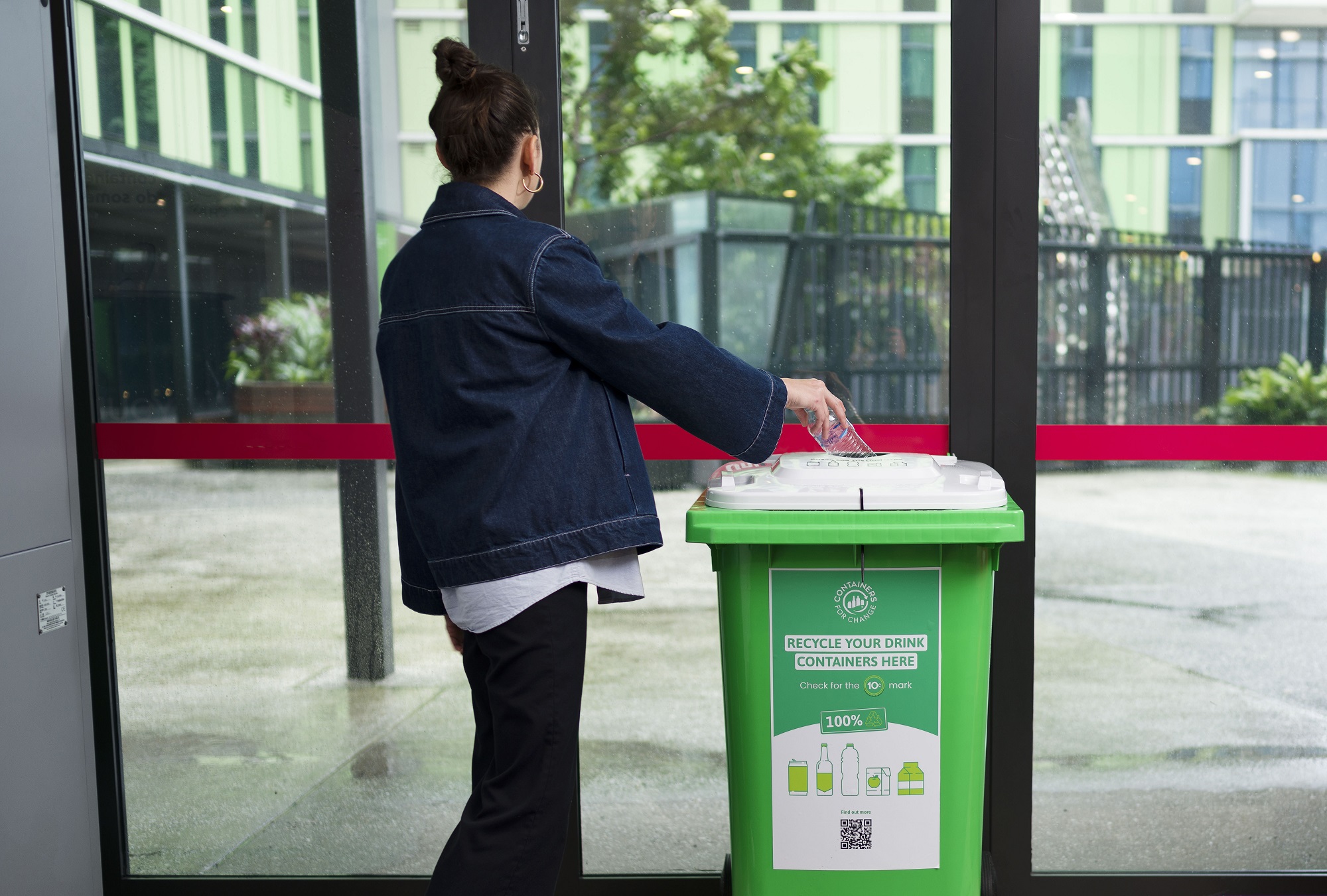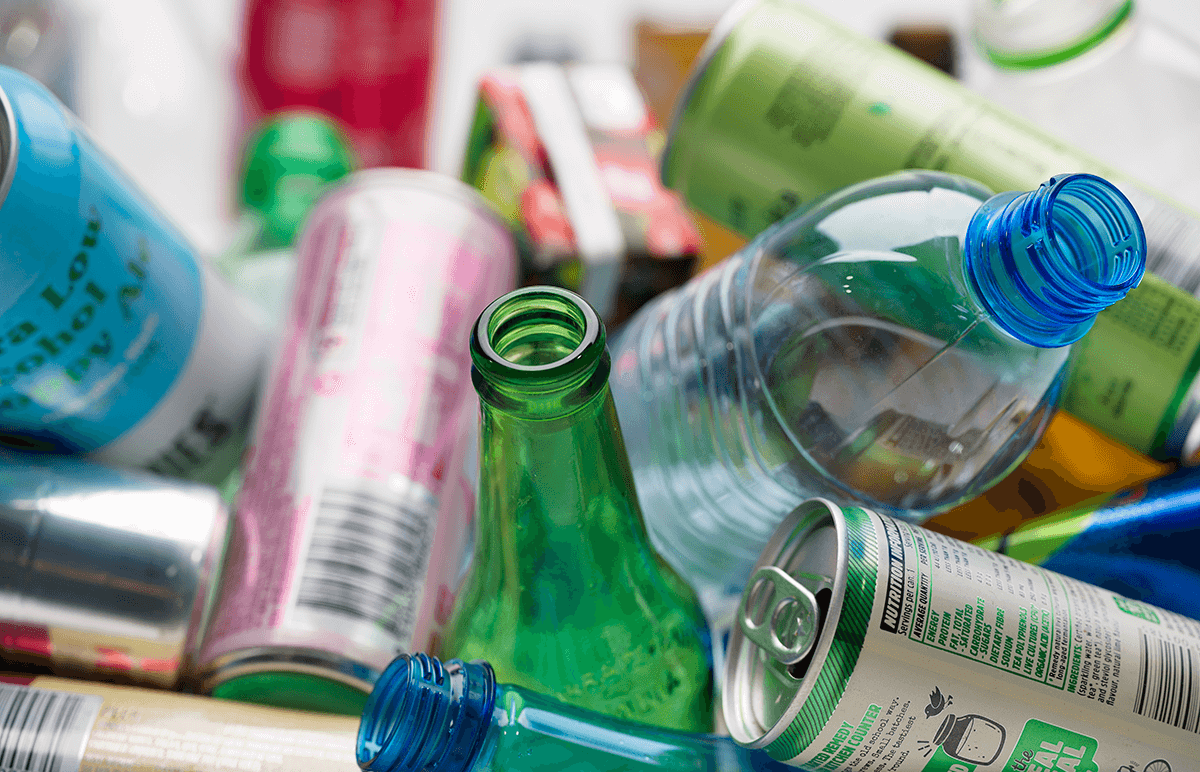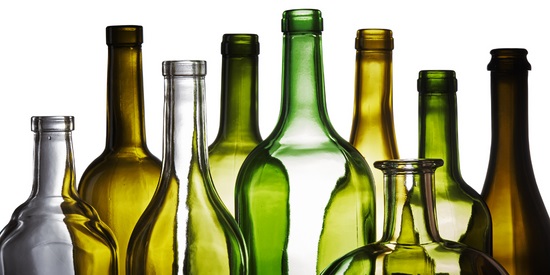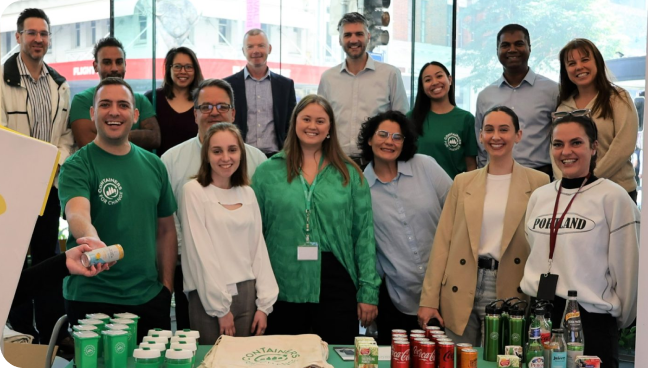Manufacturers who sell beverage products in eligible containers into Queensland are required to pay a contribution to the Queensland Container Refund Scheme. This contribution is calculated based on the number of beverage products sold for use or consumption (or further sale for use and consumption) in the State.
A beverage product is the combination of a particular beverage packaged in a container of a particular type which is designed, when filled, to be sealed for storage, transport and handling before being sold.
After the beverage is used or consumed, the empty container may be returned for a refund amount. The purpose of these rules is to encourage recycling by rewarding the return of eligible drink containers by consumers, thereby reducing waste and benefiting the environment.
Under the Queensland Container Refund Scheme, a beverage manufacturer selling a beverage product in an eligible container designed to give the consumer an option for refill by the manufacturer at a retail point is required to report the initial sale. Subsequent refills by consumers do not require additional reporting for scheme purposes. This means that once the container is initially sold, further transactions involving refills of the same container do not necessitate additional reporting to comply with scheme requirements.
In the event of an audit initiated under the Container Recovery Agreement, the beverage manufacturer will be required to present reasonable documentation covering the sales related to “refill,” outlining any discrepancies between registered sales and contributions to the Queensland Container Refund Scheme.
